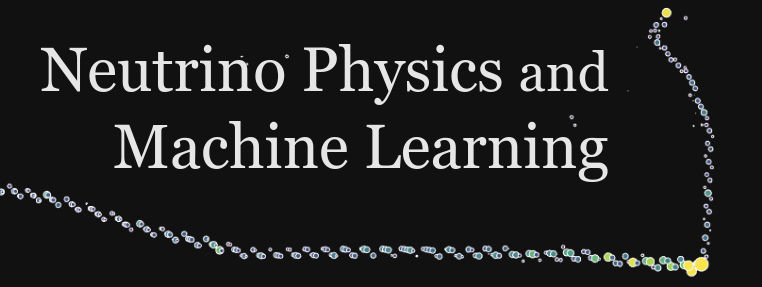Speaker
Description
The field of machine learning has become increasingly important over the last years and now constitutes a vital contribution to the physics output of experiments such as IceCube. IceCube is a neutrino telescope situated at the geographic South Pole, instrumenting a cubic kilometer of glacial ice. Atmospheric and astrophysical neutrinos are indirectly measured via Cherenkov radiation of charged secondary particles. Key challenges to the success of IceCube are background suppression, topology classification, and event reconstruction. Machine learning has been widely adopted within IceCube, not only to tackle these challenges, but also in the development of analysis methodology. Dedicated methods that leverage domain knowledge can further maximize the physics potential of the IceCube detector. This talk will provide an overview of machine learning research and applications in IceCube.



